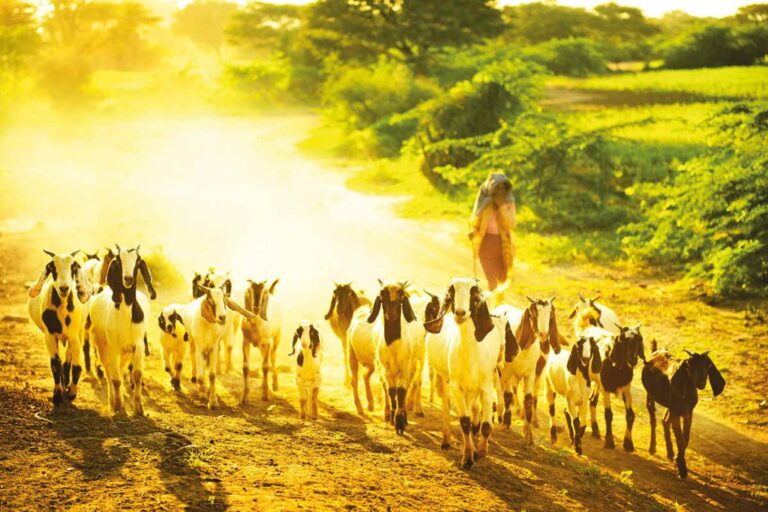Equity Group says it has started insuring failed rainfall patterns and grazing fields in bid to save small scale farmers and pastoralists in the country from the devastating impacts of the climate crisis.
This is in a package as the company has co-developed bespoke products tailored to help them deal with climate change even as the world grapples with how to quantify the loss and damage fund it established last year at the world’s biggest climate change conference (COP27) in Sharm el-Sheikh, Egypt.
In an interview, Equity Group MD & CEO Dr James Mwangi highlighted that investing in combating climate has good returns.
“It is investing for our generation to change the course of the world and give prominence to the African economy because of the role it has to play in the global economy.
Listening to the President, I have realized that the ultimate solution for the challenge of our generation lies with the private sector, and particularly, here in Africa,” he said while further pointing out that in developed economies the private sector is ten times bigger than the state.
“Naturally this makes it important for the private sector to have a voice to the climate change agenda.”
The CEO explained how Equity has moved a notch higher from what he describes as traditional insurance policies.
“Our new sustainability report means our commitment to a better future and instead of waiting for livestock to die, we are focusing on compensating on foliage and so we measure the depth of the foliage within the grazing fields and if it falls below a certain threshold then we pay so that the farmers or pastoralists can utilize the money to buy feeds for their animals.
It’s the same with crops, we are not waiting for crop failure, we are insuring rainfall patterns so that if the rains are not to the average level then you pay the farmers irrespective of the outcome of the yield so that you create predictability and certainty and this is what insurance is all about,” he said.
Dr Mwangi went ahead to explain that their new products include insurance solutions to de-risk farmers and partners within the agriculture value chain as well as the implementation of climate smart agricultural solutions through the commercial engine.
“This report means that we will responsibly utilize resources without putting future generations at a disadvantage.
We so far have planted 21.8 million trees and are pushing it to 35 million trees by 2025 but I think the most impactful project is where we are looking at supporting small scale farmers to adopt climate smart agricultural practices so that it’s not really about Equity but about a community and society embracing practices that will sustain the environment,” the MD said.
Dr Mwangi disclosed that that they have now taken an inclusive approach to integration of communities and society.
“How this will be achieved is still to be determined, given the remote nature of some of the operations and in cases, inconsistent access to electricity from the grid, but this will form part of target setting for the Group in the coming year.”
“Sustainability is no longer an option but a necessity. Together we can build a future where economic prosperity aligns with environmental stewardship,” Julius Opiyo, Board Director, International Chamber of Commerce said while lauding Dr Mwangi.
“The continent has 65 per cent of the world’s arable land. We can use this land in a better way so that it does not cause more challenges to nature,” Dr Mwangi urged.

